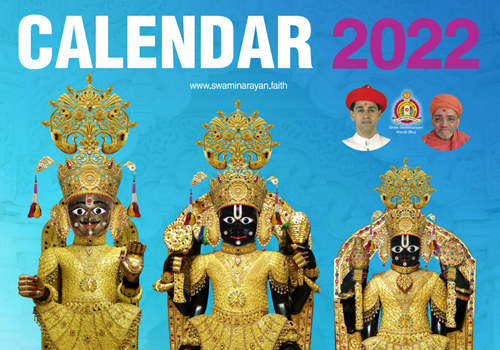Traditionally, harvesting compute before this festival, so devotees made Thal “food offering’s” to their deities from the newly harvest to praise. In Gokul, it was a tradition to offer these as thanks giving to Lord Indra (deity of rain). In Nandbaba’s home these preparation had started. Bal Krishna questioned what's the purpose for this preparation ? “It has been tradition to thank Indra, who graces us with rain,” replied Nandababa. Bal Krishna pointed that it’s his duty, so why do we thank him. Krishna explained that, we are “cowherds” we need to appreciate Gowardhan which gives our cattle with fodder, eventually from milk we get ghee, yoghurt etc. So why praise Indra instead of Gowardhan. On hearing this every one was convinced, eventually they all offered Pooja to Gowardhan. Through Gowardhan, Lord then availed all the food. When Indra discovered this, his Pooja had been stopped and instead offered to Gowardhan, he unleashed his wrath by deluging Gokul with rain to destroy. To shelter the residents and cattle’s of Gokul, Shree Krishna raised Gowardhan solely on his little finger.
Since then these sentiment have been consolidated by offering Gowardhan Pooja, which is also known as Annakoot. Anna meaning food while koot meaning mountain. Today in Swaminarayan Sampradaay this Poojan is offered, done in the temples ahead to the Deities. A vast array of vegetarian food is arranged in steps in front of Deities. This “Thal” is also called “Chhapan Bhog” meaning 56 different food items, but today it has no limits. It may be more than 56 items. After the arrangements, a long Thal is sung and Aarti is performed at about 11.00 am. The Annakoot is left open for Darshan till 4 pm, after which Prasad is distributed to devotees. NB: This may differ in other countries other than India
On this day citizens of Ayodhya celebrated Rams victory over Ravan. They presented Gift to Shree Ram. Today everyone must break the enmities and great each other to harden their friendship.

